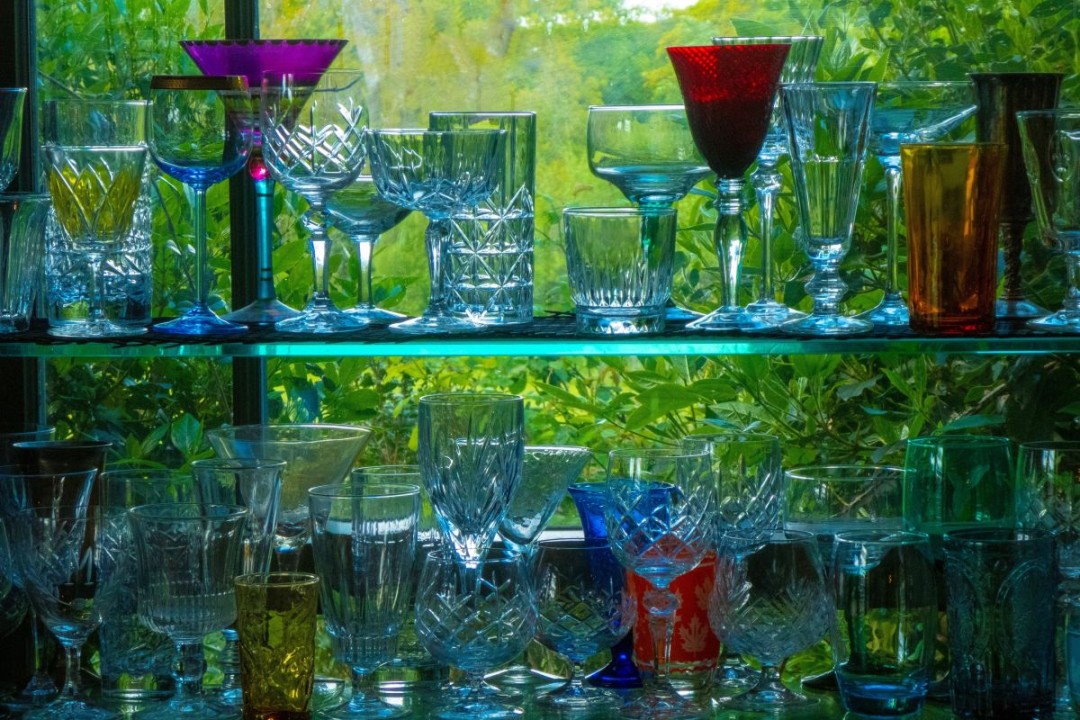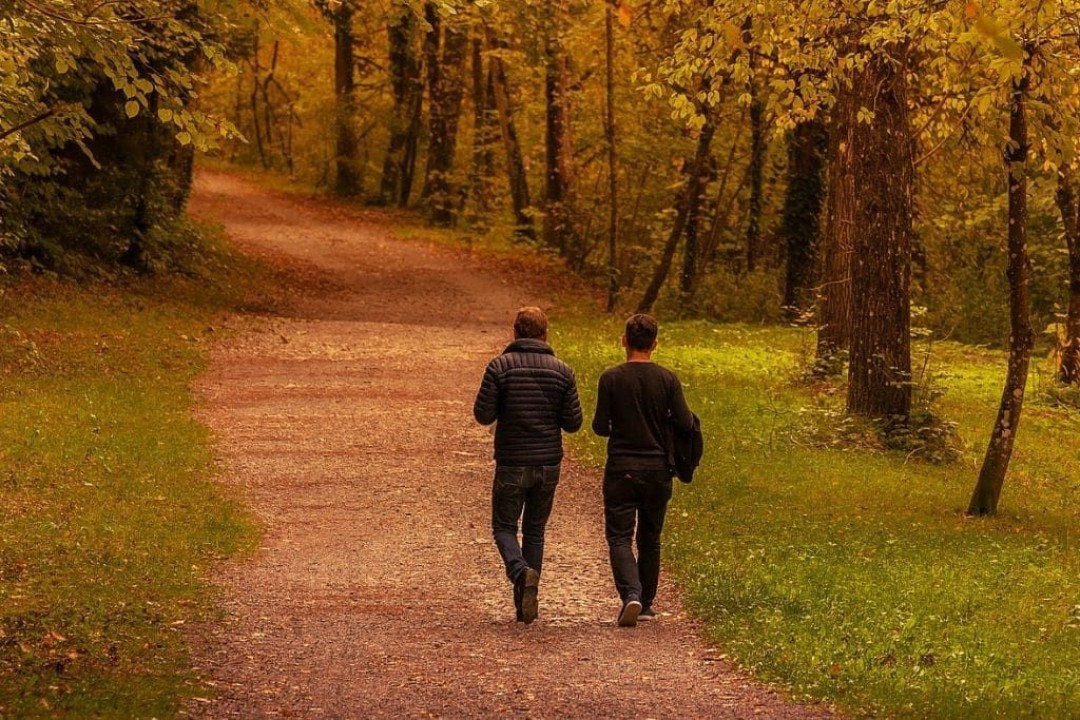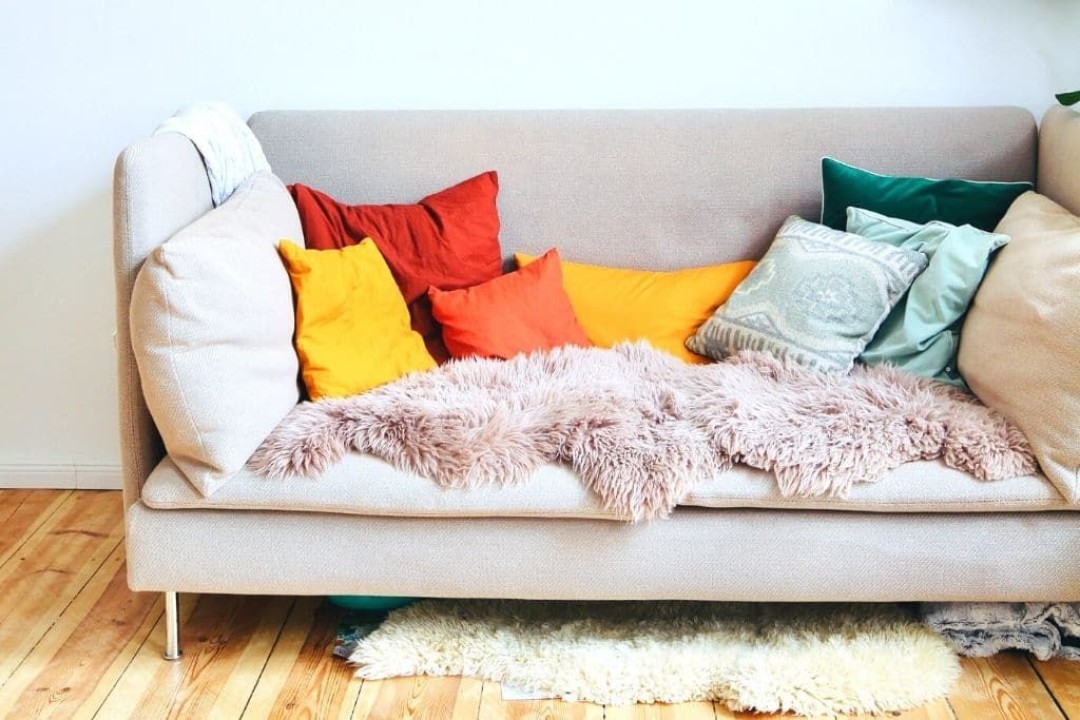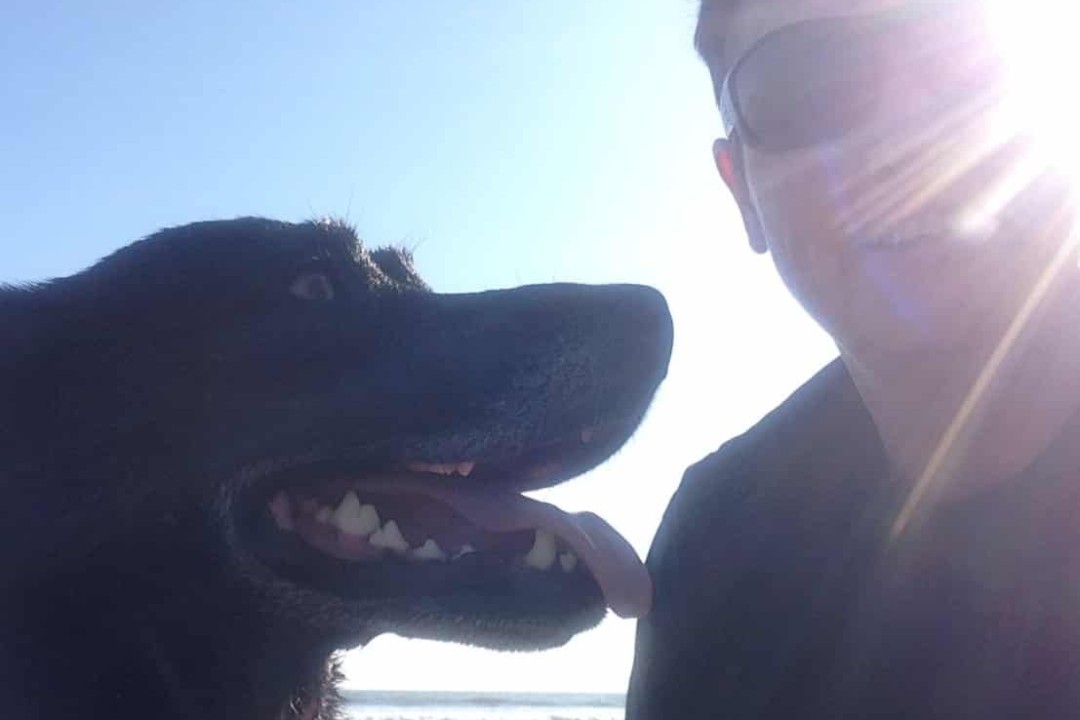Sober Story: Paul
July 5th, 2018 Interviews 17 comments
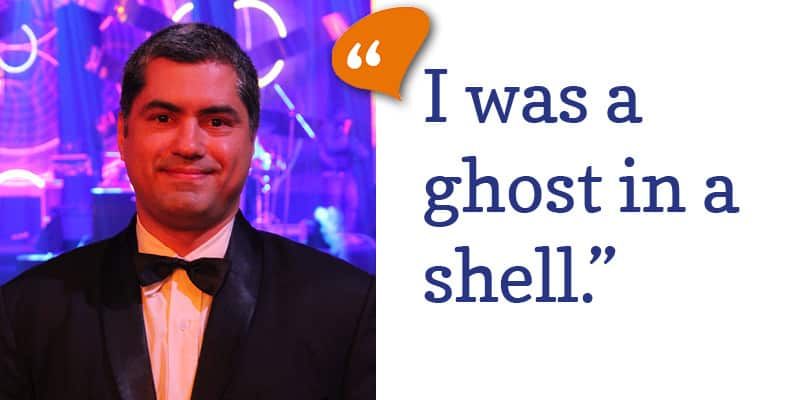
This week’s Sober Story comes from Paul, a 45-year-old living in Toronto Ontario, Canada.
==========
Mrs D: How long have you been in recovery?
Paul: 6 years
Mrs D: What can you tell us about the last months/years of your drinking before you gave up?
Paul: The last few years of my drinking was so typical of the accelerated decline into last gasp alcoholism. I had an obvious increase and frequency in drinking (with accompanying frightening elevated tolerance levels), and I switched from beer and wine to straight up vodka. My deceitfulness and duplicity were skyrocketing, and I lied, cheated and stole to keep up my habit. I wore a cloak of unworthiness and low self-esteem. I was depressed, full of anger and resentment, and played the victim card like a champ. My judgement was suspect most times, and my behaviour was worrying others and even myself. My whole life revolved around planning my drinking, and planning my ways of covering it up. I hated myself with a passion and often prayed for death. I was a ghost in a shell.
Mrs D: What was the final straw that led you to get sober?
Paul: I think my wake up call was getting pulled over for a DUI while my 3 1/2 yr old son was in the back seat. That is when the jig was up. Everyone knew my dark secret after that. And part of me was so very relieved. I think the secrecy was worse than the actual drinking. I know my family felt that way too. My ego / alcoholism didn’t want to ask for help and this event brought it out to light. I clearly needed help, and I think this was as big a flare-up as possible that I needed to have that revealed to me. I thank God that no one got hurt or killed. I was given grace.
Mrs D: How was it for you in the early days? What was most difficult?
Paul: I guess the question would really be “what wasn’t difficult in the early day?”! My early early days were about living in my parent’s basement after getting kicked out of the house. Then taking a basement apartment for six months while I worked on my recovery full time, which was possible as I had no job or even job prospects. But really, the challenges came from within. I had to learn to live life as if I were a newborn. I had to learn self-care, how to identify my emotions, how to treat others (and myself) with respect and love, how to react and think differently in all situations. I was learning all this through my treatment center, in their after care, and also working with my sponsor in 12-step work. I had to grow up and understand the world didn’t revolve around me!
Mrs D: What reaction did you get from family & friends when you started getting sober?
Paul: There was a lot of initial anger, for obvious reasons. Drinking and driving with your wee one in the car is not something that endears you to others. But even through the anger, there was love and caring. My family and friends visited me at my treatment center. They sent me cards and I received phone calls. They were confused and befuddled about it all, as I kept it a secret, so it was a double shot of shock. In the end, they were all very encouraging. Hesitant and cautious at first, but encouraging. There was a lot of adjusting to do in those early days, especially with me and my wife.
Mrs D: Experts say relapse is often a part of recovery, was it a feature of yours?
Paul: I disagree that relapse is a part of recovery. Relapse is a part of the illness. My illness brings me back to drinking, not my recovery. I haven’t relapsed since getting into recovery. Of course in the years leading up to it, I tried to quit countless times. I had even gone six months dry and was starting to enjoy life again, but one day thought it wouldn’t be a big deal if I had a beer now and again. Which, of course, is ludicrous because what alcoholic only has a beer now and again?! Oh silly us.
Mrs D: How long did it take for things to start to calm down for you emotionally & physically?
Paul: My wife likes to tell me that in the first six months, I was a zombie. And it did feel like that at times. Emotionally, I was a train wreck. For the first nine months, I was at the whim of my emotional waves. One moment I wanted to hug everyone on the street, the next moment I wanted to kill them. The regulator on my inner landscape was shot. I was prone to jags of resentment, of self-pity, of depression. I would also have flights of fancy, of bliss, of unencumbered joy. It was all over the place – a Jackson Pollack splatter of emotions. Physically, I was tired a lot. I would just go to meetings or talk to others or just grocery shop and I would be exhausted. I was started to sleep well for the first time in decades, but my body, mind and emotional state were still adjusting to this new, un-chemically altered state of being. It just took time. And lots of cookies, as my sugar craving shot through the roof (and still is there!)
Paul: How hard was it getting used to socialising sober?
Paul: I am not a socializer to begin with, so I am still getting used to it. I rarely go out, what with my hectic schedule and the kids, so socializing isn’t something I do often. Interacting with people certainly took getting used to without a mickey of vodka in my bloodstream. I was, and still remain, an introvert and socially anxious. I can do it, for sure, and I can do it without getting hammered, but it takes a toll on me. The one thing I have learned is that one doesn’t need to have something in them to be themselves. Most people don’t drink, or at least they don’t drink a lot. So everything is authentic, and that has been the takeaway for me – people appreciate someone who is grounded and genuine, and I never was that when I was drinking.
Mrs D: Was there anything surprising that you learned about yourself when you stopped drinking?
Paul: I think I learned that I wasn’t as “bad” a person as I made myself out to be. I learned that I could contribute to society and my family and my work. I learned that I always had a strong connection to the Creator, but was never able to find it, as the white noise of my alcoholism clouded that bond. I learned that life isn’t as scary and horrible as I envisioned it. I learned that running away from myself was not the answer, it was in sitting with myself, warts and all, that I found true contentment. That I didn’t need alcohol or other things to find myself. I was always there.
Mrs D: How did your life change?
Paul: Many wonderful things have happened since getting sober. My wife and I got back together after six months and this January we will celebrate our 21st anniversary. We adopted a local child, who’s mother is an alcoholic and addict, and that has been a blessing. I got a job which I still have now, in the industry that I thought I would never get back into, considering how many bridges I burned in my boozy days and haze. I started a blog which was so helpful for me and which I loved, and now have a recovery podcast which I enjoy too and keeps me in the recovery game. I have met some amazing and wonderful people in recovery since I started my journey. I have been able to do so many things that I would never have done before. I am awake to so many things in this life – I can finally appreciate the beauty of nature and let it touch my spirit rather than tear things down in scorn. I took up running and have run a marathon and many other races. I am living the life that I always thought I would never have, or deserve.
Mrs D: What are the main benefits that emerged for you from getting sober?
Paul: The obvious benefits are that my mental and physical health are good. I am not on the death path any longer. I am lighter, no longer carrying around all that shame, anger and guilt. I am more connected to my Higher Power and to others. I can go to bed with a clear conscience. I am no longer fumbling around in dark places. One great benefit in being sober is having all the sober tools at my disposal. I can call people if I need. I can learn to shift my thinking and perspective when I feel angry or down (those still happen – I am not a spiritual guru!). I can write and journal. I can give back. I can share. I can slowly feel the real Paul emerging.
Mrs D: Would you do anything differently given the chance to go through the process again?
Paul: I feel that what I went through I was meant to go through, and while I wished I could have gotten into recovery earlier, I know I wouldn’t have been ready. I think my path was the path I needed to go through to get through on the other side of it. To be here and present.
Mrs D: What advice or tips would you have for those who are just starting on this journey?
Paul: There are many paths to recovery. It’s not a one-size-fits-all proposition. But whatever path you choose, go with an open heart and open mind. Do it for yourself, not for anyone else, or else it doesn’t work. Be honest with yourself, even when it’s hard. Connect with others who are sober and have what you want. Don’t isolate. You’re going to be outside your comfort zone, but it’s worth it. Take direction and suggestions. Love yourself. You’re not a bad person, just someone on the mend. Drink lots of water, eat ice cream and be gentle on yourself. In the end, for me, it was about uncovering the reasons why I wanted to drink, and dealing with them until the idea of picking up no longer existed. Be good to yourself – recovery is hard at first.
Mrs D: Anything else you’d like to share?
Paul: This is a lifestyle change. And change requires change. If we keep doing what we’re doing, we’re going to keep getting what we get. It took me working through many, many fears to move forward. I still do work on it. I still have my rougher days, but it’s all worth it. Nothing is ever worth picking up a drink for. Nothing gets better by picking up a drink. You are worth it.
Continue reading
Taking Ownership of your Non-Alcoholic Drinks
It matters that we are comfortable and happy with what we are drinking when out and about.
March 29, 2024 – 5 comments
Sober Story: Ben
This week’s Sober Story comes from Ben, a 27-year-old living in Jacksonville, Forida, USA.
October 24, 2019 – 5 comments
Home isolation for sober people
While different countries are at various stages of the Covid-19 pandemic, here in New Zealand we are experiencing an Omicron wave that is seeing the virus spread around our community like never before.
February 16, 2022 – 1 comment
Sober Story: Michelle
This week’s Sober Story comes from Michelle (a.k.a @mac007), a 55-year-old living in North Otago.
January 31, 2018 – 28 comments
